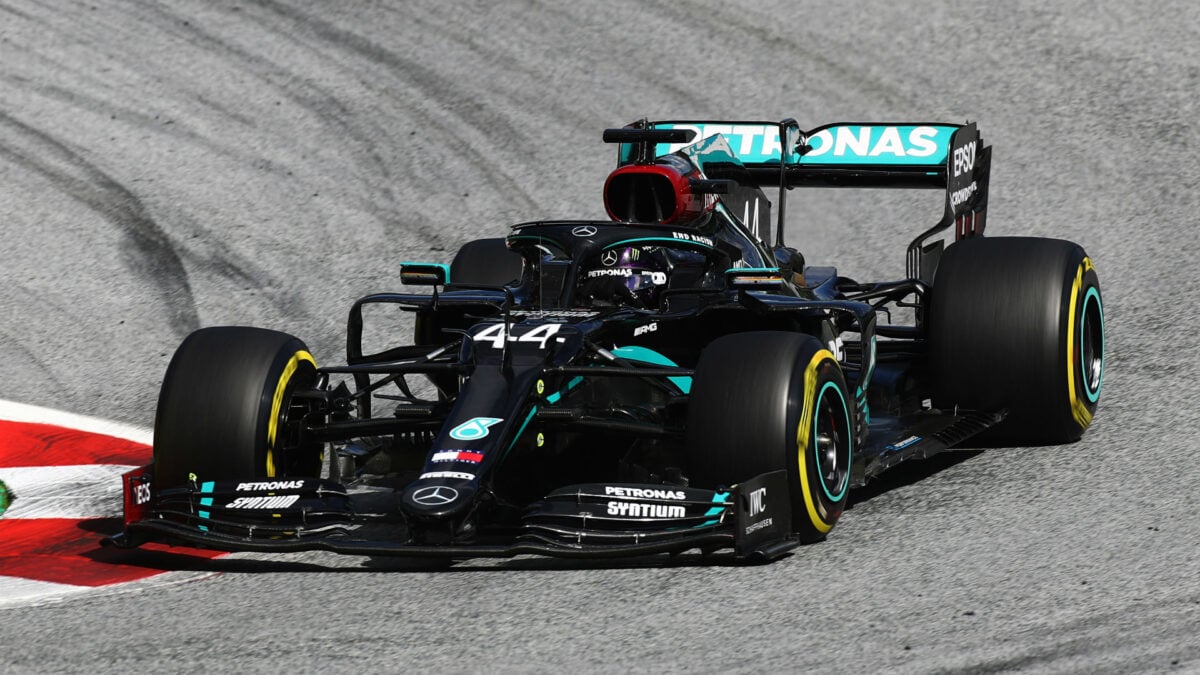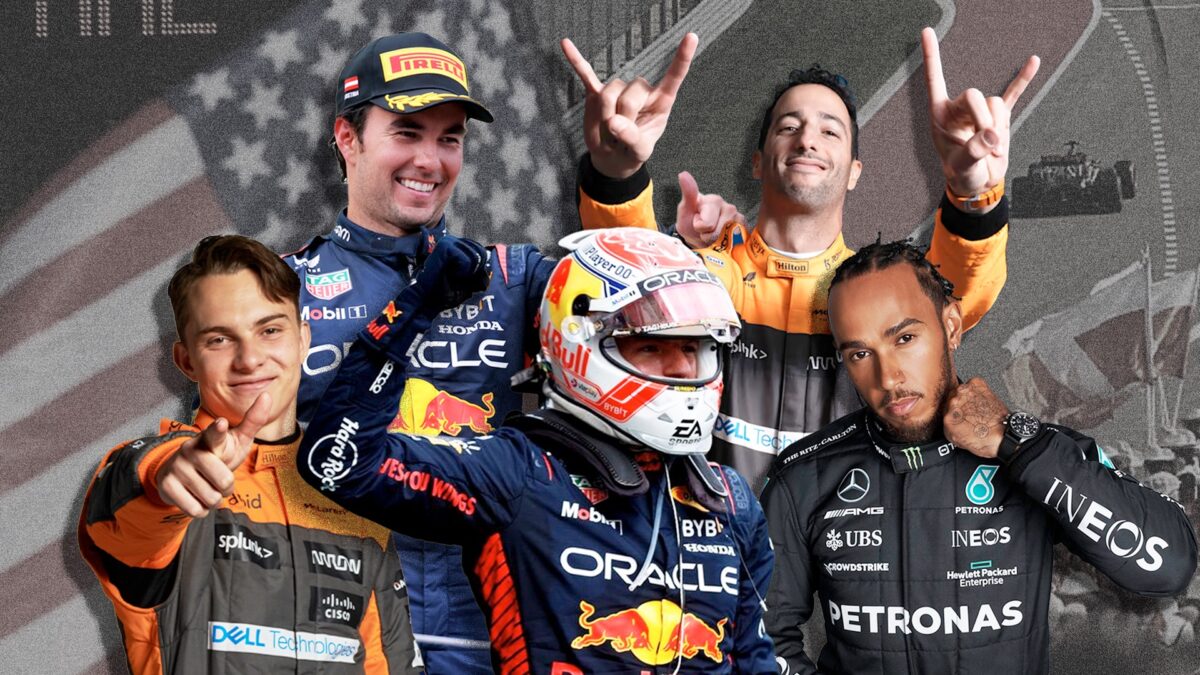Much like McLaren’s perfectly timed 2.10-second pit stop in Austria, the release of Netflix’s Drive to Survive was orchestrated expertly, presenting the Formula 1 product as a fast-paced, emotionally-charged and unpredictable sport – but now with Max Verstappen ushering in a new era of Red Bull supremacy, fans are already giving up on Formula 1…
During the now-forgotten lockdown years of 2020 and 2021, games were suspended, stadiums closed and seasons abandoned. Sports fans all over the world were desperate for some live sports action wherever they could find it.
Formula 1 was having its moment, with interest in this beloved motorsport growing exponentially around the world; a sport once so secretive and exclusive was revealed for the first time, as fans became enamoured by the politics and personalities on display, eagerly anticipating the return of the live season.
And this was no more true than for American audiences who, following the commencement of the regular season in 2021 snapped up tickets to the Austin GP in their thousands, with the organisers announcing the circuit sold out “almost immediately” and in record-breaking time. Austin was the home of Formula 1 in North America, and fans couldn’t get enough, breaking record numbers year-on-year since the return to the regular scheduling.
WATCH Formula 1 take over the streets of Las Vegas below.
Such was the effect of Drive to Survive that new tracks were added to the F1 race calendar: Miami and Vegas were confirmed on the calendar for 2023, and together with Canada and Mexico already in the long F1 season, American fans had five North American circuits to cheer for this year.
So why are American fans already losing interest in Formula 1?
Following this weekend’s Austrian Grand Prix, Max Verstappen claimed his fifth consecutive win and his seventh of the season, making it a perfect nine from nine for Red Bull with Sergio Perez winning in Saudi Arabia and Azerbaijan. For 72 laps, Max Verstappen looked unstoppable, cruising through the Austrian circuit largely unopposed, save for a few brief laps in which Leclerc took advantage following a Red Bull pit stop.
RELATED: Lewis Hamilton’s Proposed ‘Radical’ F1 Rule Change Shows Mercedes-AMG Are Sore Losers
For the Oranje Army, it was another successful weekend of racing, as their Flying Dutchman secured another dominant victory in Red Bull’s native track. But for the rest of F1, the predictability of another sterile Verstappen win is having an adverse effect on the product.
Although record viewing numbers were reported during the initial ‘Netflix boom’, major US network ABC reported a 25% decline in viewership for this year’s Miami Grand Prix in May, averaging 1.96 million viewers compared to 2.58 million in 2022. This weekend’s Austria Grand Prix averaged 1.09 million viewers on ESPN, compared to a season average of 1.26 million. Netflix’s Drive to Survive bubble has seemingly burst.
The Netflix narrative that fans were told was a beautiful lie; the controversial events of the epic conclusion to the 2021 season were simply the exception to the rule. For Formula 1 fans who have been following the drama slightly longer than the Drive to Survive series, this is nothing new.

Red Bull’s dominance this season will turn into supremacy
Buoyed by two consecutive world championships in 2021 and 2022, Max Verstappen has been in scintillating form this season. The intense battle between Lewis Hamilton and Verstappen during the 2021 season teased a fierce new rivalry for the grid, evoking famous fallouts in F1 history such as teammates Hamilton and Rosberg, James Hunt versus Niki Lauda and of course, Prost and Senna.
But this year, Verstappen has unapologetically lorded over the competition. The RB19 car he’s been given is arguably one of the best in history, coupled with the Dutchman’s relentless determination, fierce approach and unparalleled pace, this could easily spell the next in a long line of dominant Formula 1 eras.
Those who are accusing Red Bull of ruining the sport simply haven’t been paying attention. Throughout Formula 1, teams and drivers have enjoyed epochs of elite control, dominating the rest of the grid to race unchallenged and win championship after championship.
One such era was commanded by legendary driver Michael Schumacher during his time at F1 aristocracy Ferrari, who won five consecutive world championships in the years 2000, 2001, 2022, 2003 and 2004. During this time Schumacher set the record for seven Formula 1 World Champion titles… only to be matched by Lewis Hamilton years later…

Since joining Mercedes from McLaren in 2013, Lewis Hamilton has been ahead of the pack in more ways than one, but it was during his time at Mercedes that his unwavering dominance turned into supremacy. The seven-time World Champion would go on to lift six titles in seven years, only conceding the title to teammate Nico Rosberg in 2016 in an intense battle that would see the Silver Arrows claim victory in 19 out of a possible 21 races – a young Max Verstappen would also claim his first F1 win that year.
Viewers of Netflix’s Drive to Survive might enjoy the dramatisation of the sport more than the live action on the grid, but the eras of dominance are not a new concept in Formula 1, and fans are quickly realising that Verstappen has all the qualities to commence a supremacy of his own and write his own chapters in Formula 1 folklore.
